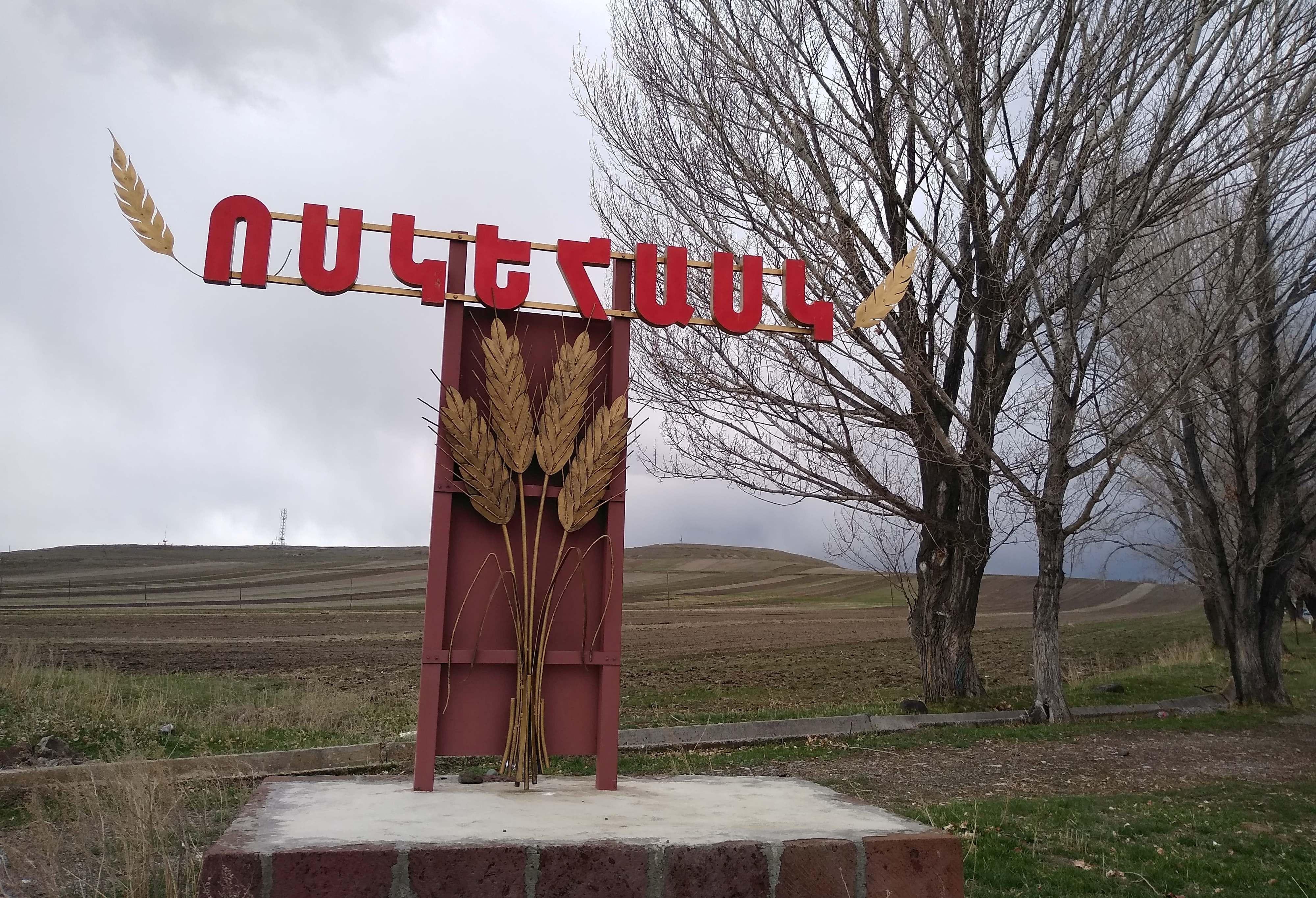
Armenia: No Working in Russia This Spring for Men of Shirak’s Voskehask Village
Every year, 400-500 men from the village of Voskehask (Golden Sheaves), in Armenia’s northwestern Shirak Province, travel to Russia for work.
That’s 90% of the male population. They leave in the spring and return before the New Year holidays.
Few will make the trek this year due to the ongoing coronavirus crisis.
The main source of Voskehask residents (population 2,030) is the money sent by the seasonal workers. Men from the village have been making the trek north for so long that residents from the neighboring village of Haykavan joke that Voskehask male babies are born with a suitcase in their hand. Those remaining in Voskehask do some farming and raise animals.
The coronavirus state of emergency and curfew have emptied the streets in Voskehask. We saw no one working in the fields.
As we’re on the street, talking to Voskehask Mayor Artashes Sahakyan by phone, we meet with some men who have not left for work overseas. We comply with all the rules of proper social distance and there are no handshakes.
Ruben Avagyan says he asked the mayor to provide a form to leave for Gyumri during the curfew. The 58-year-old, who has been working abroad for more than thirty years, was supposed to be in Moscow on March 18.
"I bought the plane ticket for 38,000 drams in advance, but the state of emergency declared on March 16 and the tightening conditions for those entering Russia the next day did not allow me to go. I lost my ticket money,” says Mr. Avagyan, adding, “We'll wait and see what happens.”
The Avagyans have four hectares of land. They have sown barley, like every year, but they’ll only see any crop revenue in the fall. They face some difficult months before that.
"It wasn't good at all that my son couldn't go. At least if he caught a flight and the quarantine stayed there. At least we’d know he was there, working. Our monthly income is the money we send from overseas work,” said Rafik Avagyan, Ruben's 85-year-old father.
We had learned from Voskehask Mayor Sahakyan that in late February-early March, when the restrictions on movement still hadn’t been put in place, thirty people were able to leave for Russia.
Mkrtich Gasparyan was turned away from Yerevan’s Zvartnots Airport on March 17. He says he was catching a flight to Blagoveshchensk, a town in Russia’s Amur Oblast
"I had to fly to Moscow first, then catch a connecting flight. They purchased my ticket in Russia for 25,000 rubles. That ticket and the money are gone, leaving me idle. I am 55 years old. I started working overseas when I was sixteen. That’s the money I’ve used to raise a family and keep a roof over our heads. If the borders don’t open, I don’t know what we’ll do. We have two hectares, but there’s no money to sow barley with,” Gasparyan says.
Vardan Minasyan, 55, is one of the men who had been planning to leave for Russia in March.
"Well, I wasn’t able to buy a ticket. I had to go, but it didn't work out. I have been working in Talyat and Samara for a long time. Everyone knows that people can’t make a go of it just by working in the village. Our income comes from abroad. Most of the families in this village live on that money. There are four of us in the house. We have one hectare of land and haven't sown it yet. We don’t know what we’ll do.”
Smbat Hovhannisyan, a Voskehask municipal specialist, says the residents of Voskehask mainly sow barley, wheat and alfalfa. Only 30% of the village's 1,200 hectares of arable land is suitable for potato cultivation. 150 hectares are used as pasture, and 400 hectares of arable land is in the border zone.
"Voskehask trails Azatan in terms of land use. Many leave for work overseas from there as well, but an equal number work the land. It’s not the same in Voskehask. People need money, which they don’t have, to sow the fields. Even if they planted the cheapest crop, barley, they’d need 200,000 drams for just one hectare. Planting potatoes is more costly.”
Mr. Hovhannisyan says that the coronavirus and the state of emergency have forced young Voskehask residents to modify their plans for the future. Many are using money saved up for marriage to invest in agriculture.
"Let me give you an example. One of our young people decided to get married this year. But when things turned out as they have, he put the two million drams into potato cultivation," Smbat laughs. “Now they are urging us not to leave lands idle, and my brother and I are constantly discussing what to do and what to sow so that we do not suffer in the future. The future is a bit bleak for both those who cultivate the land and those who sell the crop. So, it’s bleak for both village and city dwellers.”
Voskehask residents say the government should also think about village folk when it makes decisions to prevent the spread of the novel coronavirus.
They say that it’s rural farmers who feed the nation.
If they can’t work the land today, not because they don’t want to but because they don’t have the means, people will go hungry tomorrow.
 Videos
Videos Photos
Photos




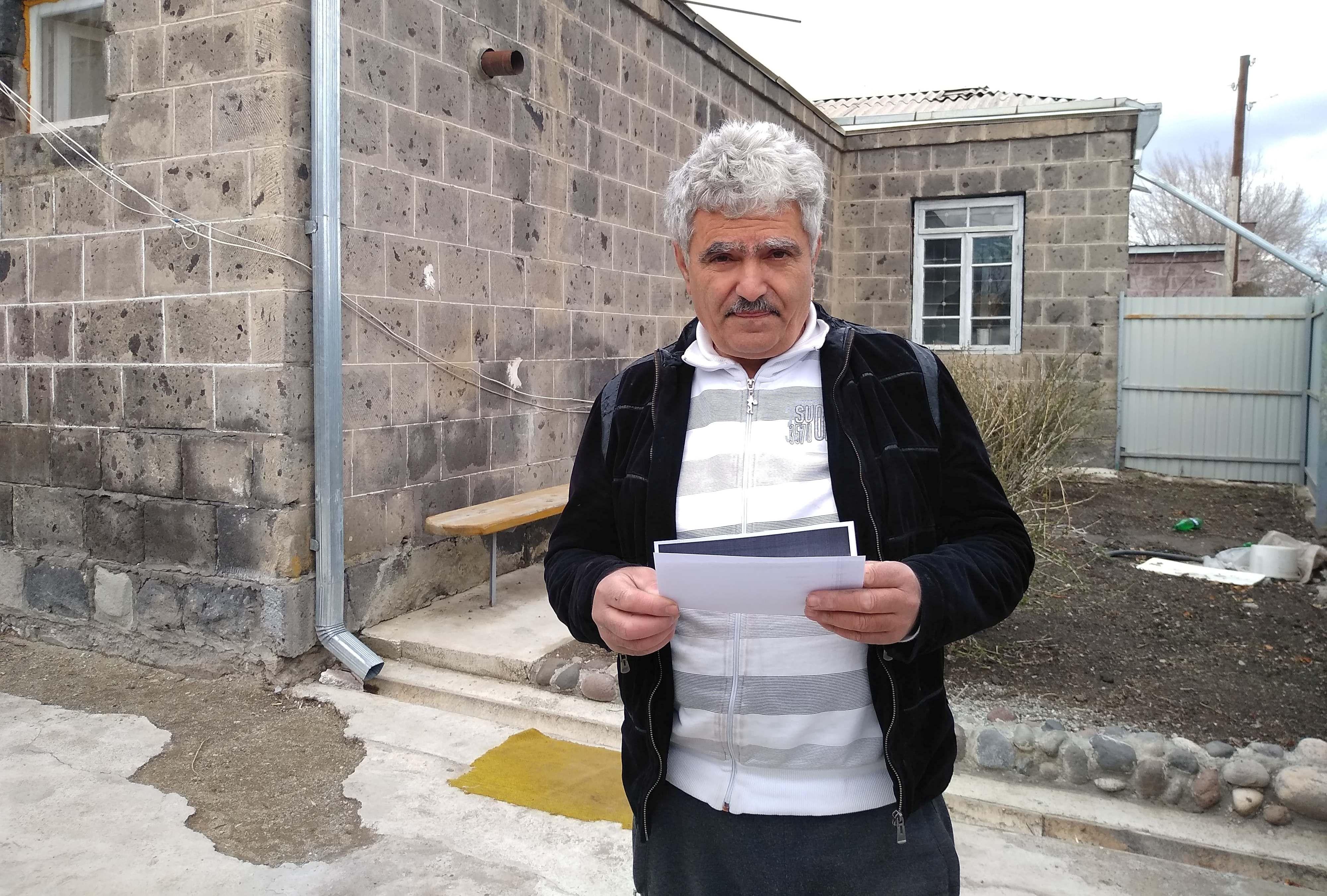
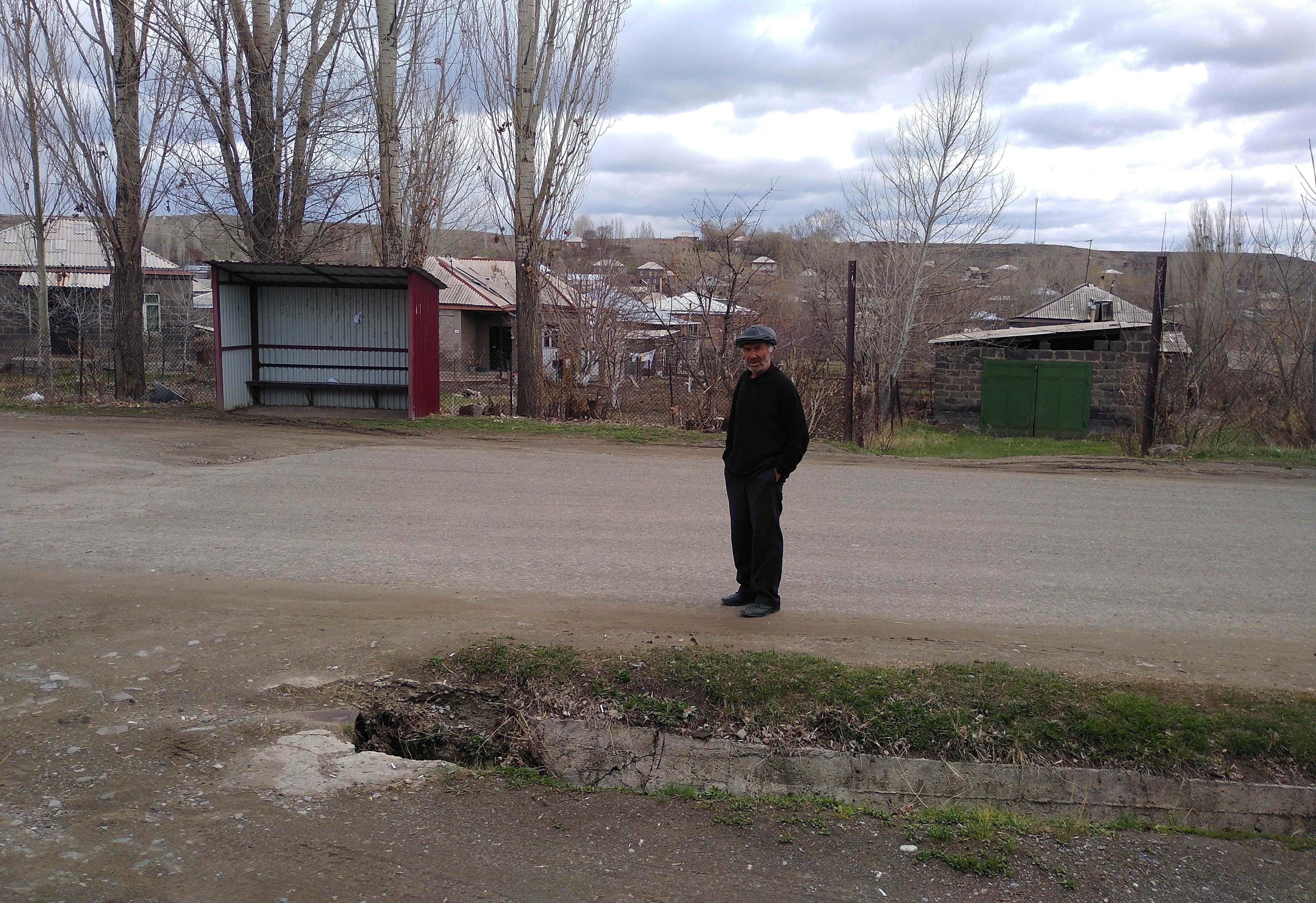
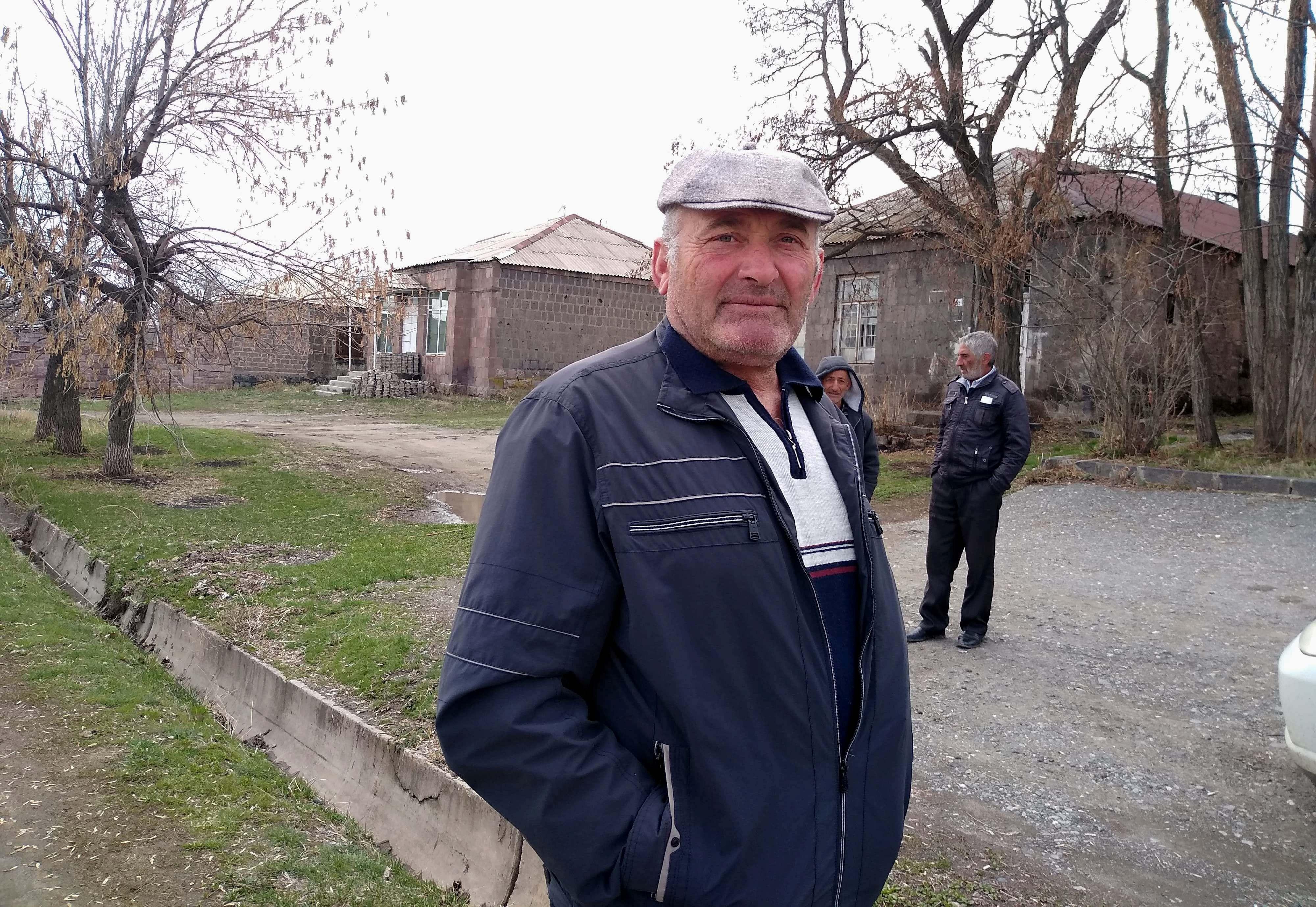
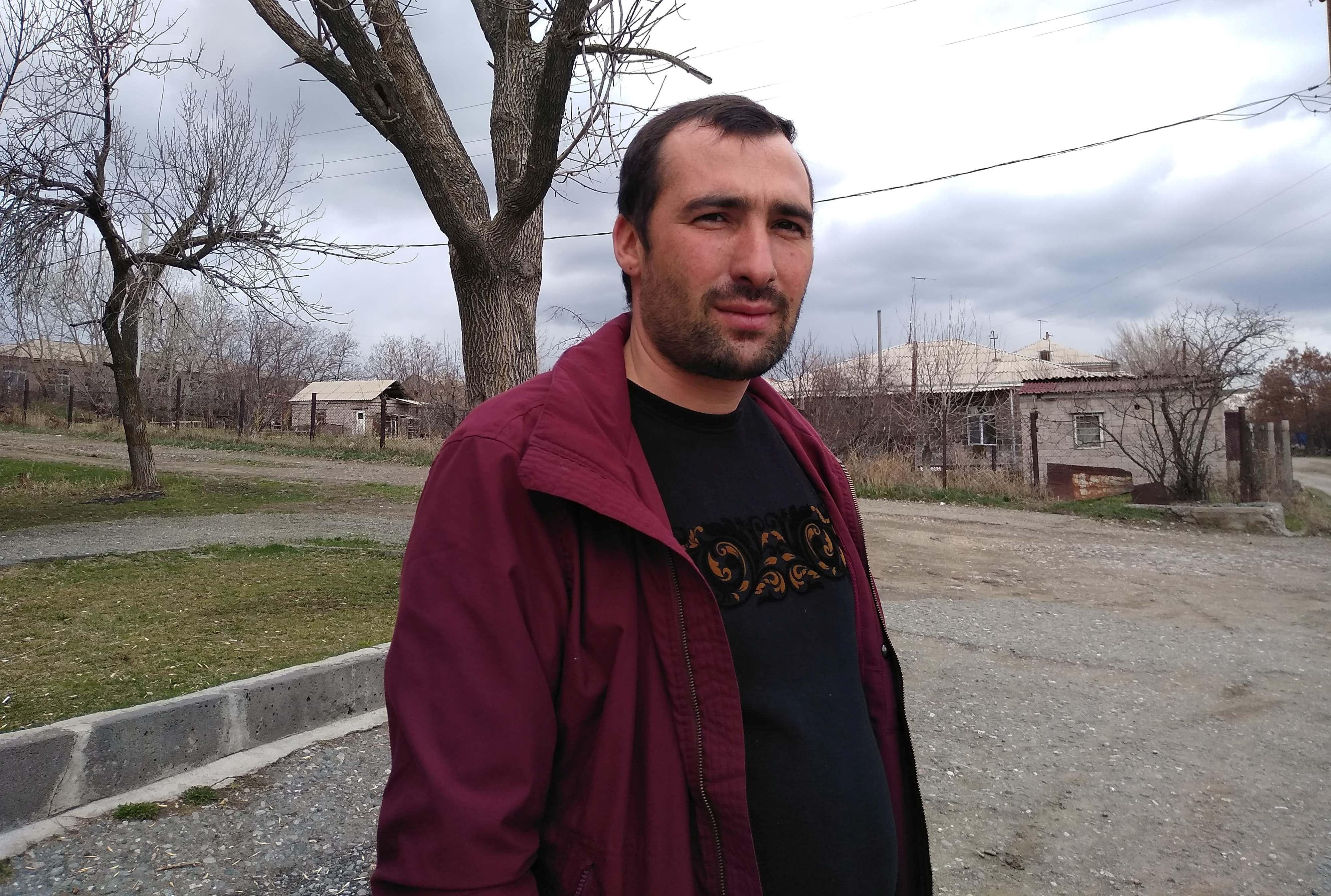
Write a comment